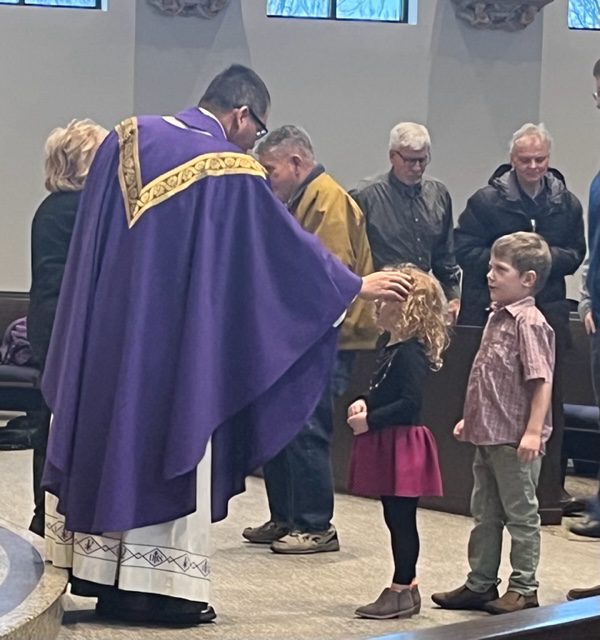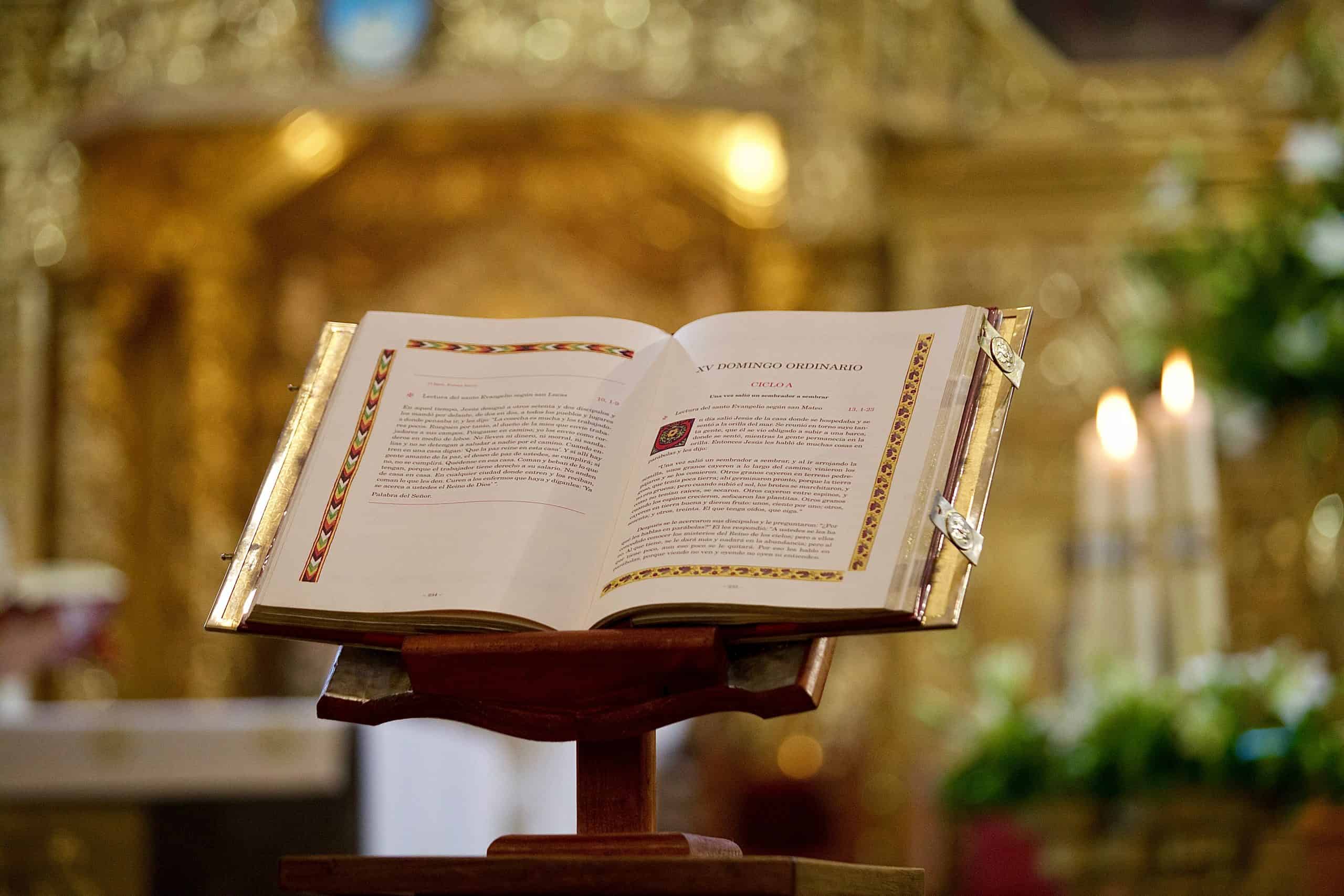
Lent
Ash Wednesday
 Speaker: Fr. Lam Le
Speaker: Fr. Lam Le
Message:
Remember that you are dust, and to dust you shall return. (Taken from “Ash Wednesday” of Roman Missal, Third Edition)
With Ash Wednesday, the Church commences Lent, forty days of fasting, praying, and almsgiving as a remedy for our sins. Of course, on this day we participate in the liturgy so to have ashes being placed on our head. Stop and think about this! This is a very strange gesture. We wake up every morning: wash our faces and make sure we look presentable before going out the door. Today, we come to Church and have our clean faces anointed with ashes! To understand the significance of this ritual, I invite all of you to pay attention to one of the exhortations the priest says when he places ashes on your head.
There are two options that the priest can choose: “Repent, and believe in the Gospel,” or “Remember that you are dust, and to dust you shall return.” I choose the second option as the key for our understanding of the significance of ashes being placed on our faces.
Recall how God created humanity in Genesis, the first book of the Bible: “Then the LORD God formed the man out of the dust of the ground and blew into his nostrils the breath of life, and the man became a living being” (Gn 2:7). Without the breath of life from God, they are simply dust of the ground. When we commit sin, we reject this breath of life in us. No wonder after our first parents disobeyed God and ate “fruit of the tree in the middle of the garden” (Gn. 3:3), God said to the man: “By the sweat of your brow you shall eat bread, until you return to the ground, from which you were taken; For you are dust, and to dust you shall return” (Gn 3:19). Taking all of this together, placing ashes on our head today is a reminder for us: without God blowing his breath of life into our nostrils, you and I are simply dusts or ashes. Anointing our face with ashes must be an outward expression of an inward journey: turn from disobedience to the Lord and be faithful to the values of the Kingdom.
It has been said that Baptism is the key to understanding the season of Lent: “Are you unaware that we who were baptized into Christ Jesus were baptized into his death? We were indeed buried with him through baptism into death, so that, just as Christ was raised from the dead by the glory of the Father, we too might live in newness of life” (Rm 6:3-4). Baptism allows us to share in the paschal mystery (i.e., death and the resurrection of Christ). Lent is the time to prepare our catechumens for baptism and for the faithful to renew our baptismal call.
The faithful are called to renew our baptismal call because, from the saving font, the breath of life had been breathed into our nostrils. After baptism, our sins block the continuous blowing of breath of life in us. Lent offers us the remedy (prayer, fasting, and almsgiving) to clear out the path. Christ, the Divine Physician, also instituted a wonderful instrument to clear our nostrils: “Our Savior Jesus Christ, when he conferred on his Apostles and on their successors the power to forgive sins, instituted the Sacrament of Penance in his Church, so that the faithful, who had fallen into sin after their first bath of regeneration, might be renewed in grace and reconciled to God” (Order of Penance, no. 2).
May this Lent 2023 be the time for us to clear out our nostrils for the breath of life coming from the Lord! Let it begin with today’s celebration, Ash Wednesday. May the exhortation at the placing of ashes on our head, “Remember that you are dust, and to dust you shall return,” remind us to do what St. Paul said in the Second Reading to “Be Reconciled to God.” And reconciliation comes to its culmination with the celebration of the Sacrament of Penance. So, see you in the Confessional!
Scriptural Readings: Reading 1 Jl 2:12-18; Responsorial Psalm Ps 51:3-4, 5-6ab, 12-13, 14 and 17; Reading 2 2 Cor 5:20—6:2; Verse Before the Gospel See Ps 95:8; Gospel Mt 6:1-6, 16-18

